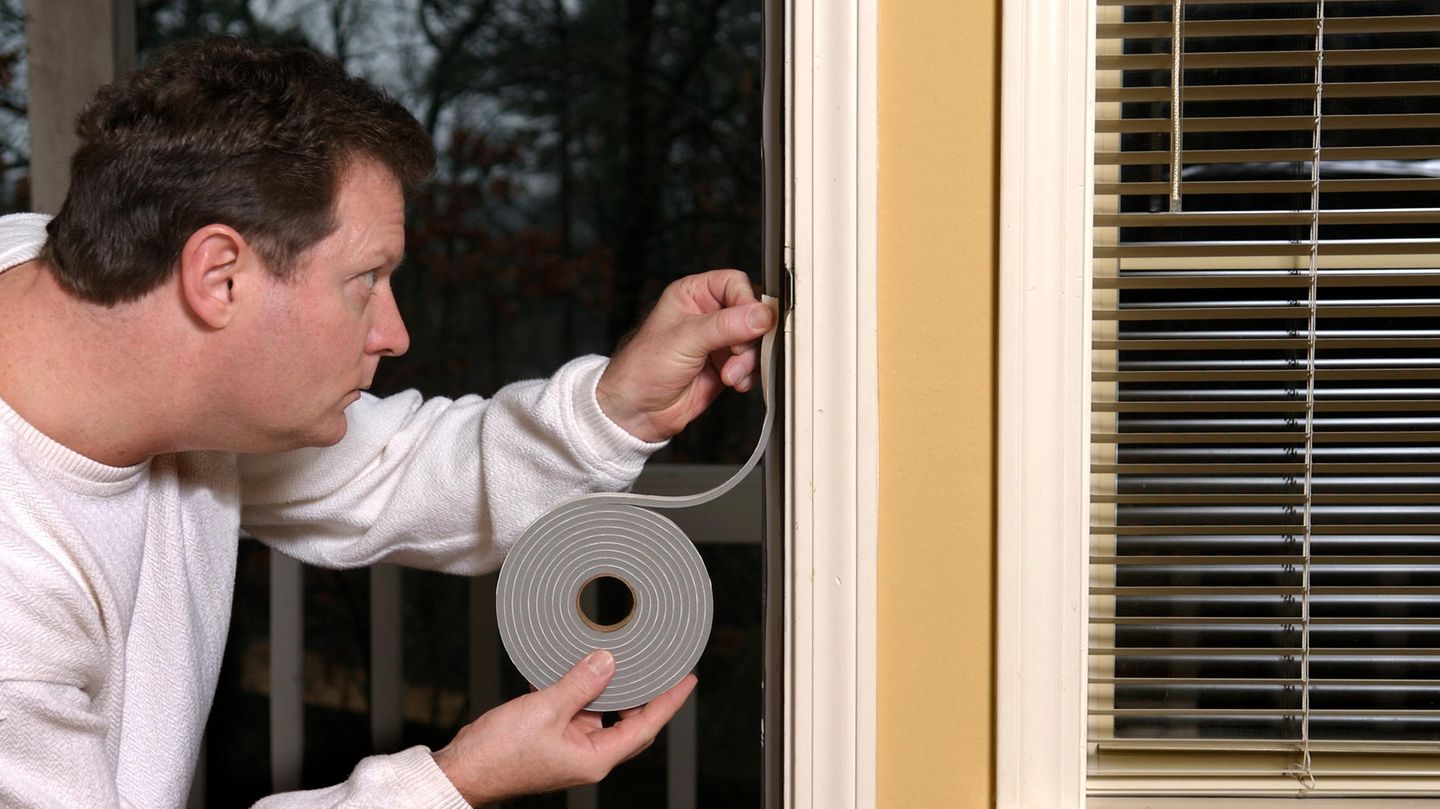At the end of March, the federal and state agricultural ministers agreed on key points for more environmentally friendly agriculture. Time is running out now. The national plan must be in place by the end of 2021.
The agricultural ministers of the federal states are urging speed with the national strategic plan for the implementation of the common European agricultural policy (CAP).
The considerable pressure of time and decision-making was mainly due to delays in the negotiations at EU level, it was said on Friday after the autumn meeting of the Agriculture Ministers’ Conference (AMK) in Dresden. There should no longer be a standstill, the strategic plan must be carried out in parallel with EU legislation. The timely submission of the plan to the EU by January 1, 2022 is important to give farmers planning security.
At the end of March, after tough negotiations, the federal and state agricultural ministers agreed on key points for more environmentally friendly agriculture. Among other things, they agreed to make 25 percent of direct payments to German farmers subject to environmental requirements in the future. Federal Minister of Agriculture Julia Klöckner (CDU) promised on Friday that the outstanding ordinances would be submitted by mid-October. She did not want to speak of a standstill. “We are in front of the wave,” said the Minister.
Falling short of the claims
“If the coalition negotiations go like today’s Agriculture Ministers’ Conference, then it will be very tough negotiations. With a view to concrete results, the agriculture ministers of the federal and state governments fall short of their claim, “criticized Johann Rathke from the environmental protection organization WWF:” There are considerable differences in the design of the agri-environmental measures and eco-regulations, which are not resolved in Dresden could.”
Klöckner expressed great concern about the pig market. The situation is “really dramatic”: “Prices are in the basement, and pet owners add more for every animal. They won’t last long. ” All of this is related to a structural change. Anyone who thinks that the situation is only temporary because of the African swine fever is misunderstanding the situation. The minister named the reasons, among other things, of increased feed prices, a lack of export opportunities, changed consumer behavior as well as a weak barbecue season and lower sales figures in restaurants and at events.
More animal welfare
Klöckner called on the federal states to commit to one of the financing models it presented for the conversion of animal husbandry. “I want the animal owners here in Germany to have an economic perspective and to do more for animal welfare. That is also what consumers want. ” More animal welfare also costs more money – that’s why farmers need to be supported in converting their stables. The EU Commission has given an assurance that investments in the construction of stables in the service of animal welfare can be funded with up to 80 percent and not up to 40 percent as before. In addition, the funding period is unlimited.
According to information from AMK boss and Saxony’s head of department Wolfram Günther (Greens), the conference asked the federal government to develop uniform principles for compensation for farmers who make their land available for flood retention. The ministers also spoke out in favor of a uniform animal welfare label. The conference also decided to make another commitment against food waste. One focus should be on consumer education. The federal government should examine further legal regulations in order to reduce the waste of food, it said.
Jane Stock is a technology author, who has written for 24 Hours World. She writes about the latest in technology news and trends, and is always on the lookout for new and innovative ways to improve his audience’s experience.




